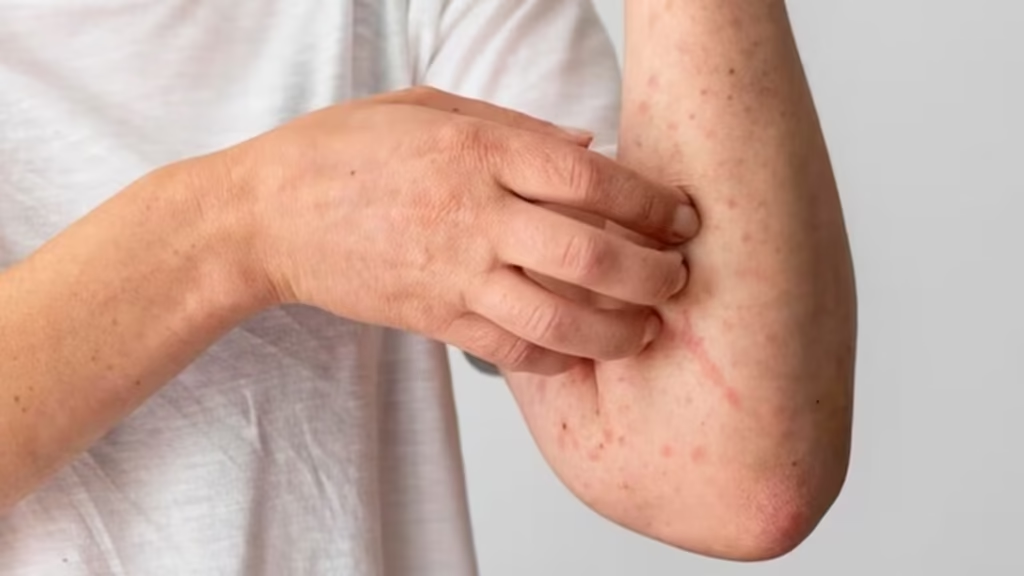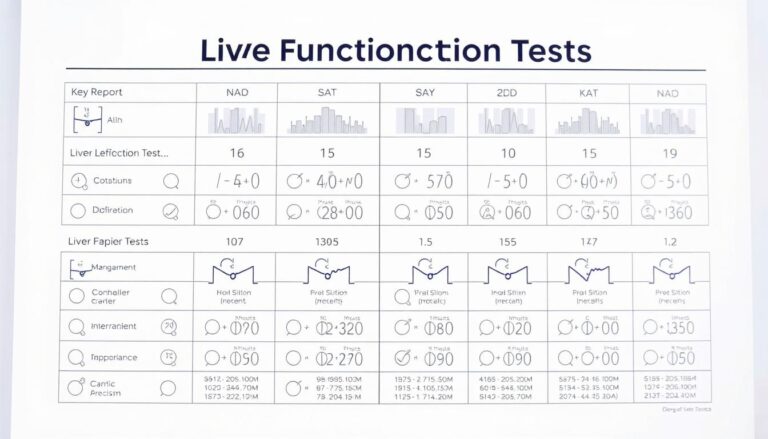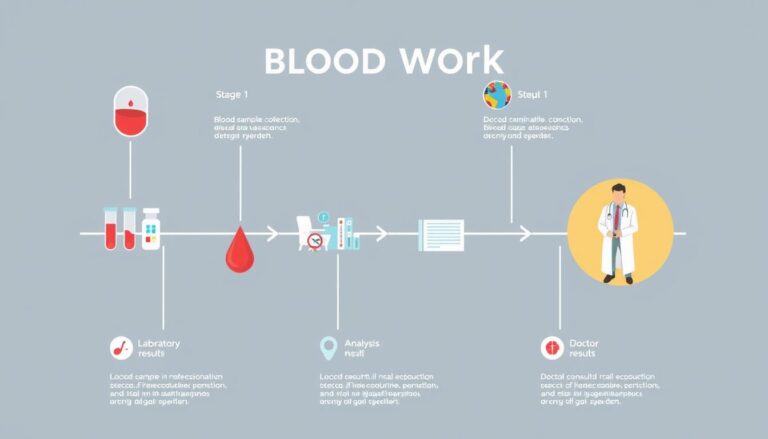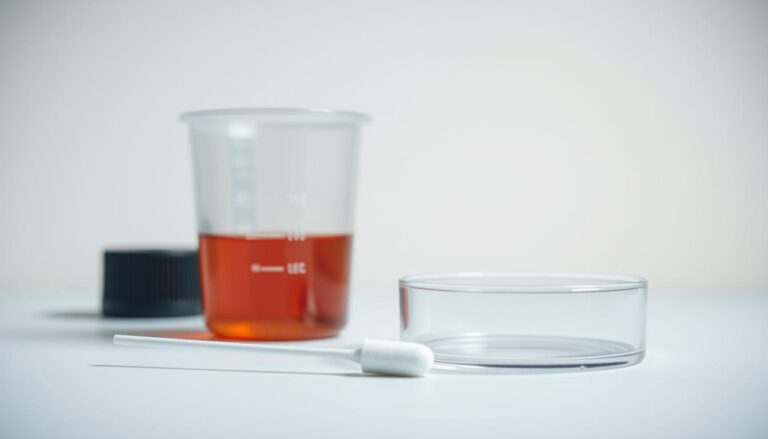Early Warning Signs of Dengue You Shouldn’t Ignore

Dengue fever continues to be a significant health concern, especially in tropical regions like Bangalore. Recognizing the early warning signs of dengue can be life-saving, as prompt medical attention and proper diagnostic testing can prevent severe complications. Understanding these warning signals helps individuals seek timely medical care and appropriate diagnostic laboratory services.
Understanding Dengue and Its Initial Impact
Dengue is a mosquito-borne viral infection that affects millions worldwide. The initial symptoms of dengue often mimic common viral infections, making early detection challenging. However, being aware of specific warning signs can help differentiate dengue from other illnesses and prompt immediate medical evaluation.
The symptoms of dengue fever typically appear 4-7 days after being bitten by an infected Aedes mosquito. During this critical period, recognizing early symptoms becomes crucial for proper management and preventing progression to severe dengue hemorrhagic fever or dengue shock syndrome.
Critical Early Warning Signs of Dengue
Sudden High Fever
The most prominent early warning sign is the sudden onset of high fever, often reaching 104°F (40°C). This fever typically lasts 3-7 days and is usually accompanied by severe headaches and body aches. Unlike gradual fever in other conditions, dengue fever often spikes rapidly.
Severe Headache and Eye Pain
Intense headaches, particularly behind the eyes (retro-orbital pain), are characteristic early symptoms. This pain often worsens with eye movement and can be accompanied by light sensitivity. Many patients describe this as one of the most debilitating aspects of early dengue infection.
Muscle and Joint Pain
Severe muscle aches and joint pain, often called “breakbone fever,” are hallmark symptoms of dengue fever. This pain can be so intense that it affects mobility and daily activities. The pain typically affects major muscle groups and joints throughout the body.
Skin Manifestations
A distinctive rash may appear 3-5 days after fever onset. This rash typically starts on the chest and spreads to other body parts. It may appear as small red spots or a more generalized red rash. Some patients also experience flushing of the face and neck.
Warning Signs of Dengue in Adults
Adults experiencing dengue may present with additional symptoms that require immediate attention:
- Persistent vomiting and inability to keep fluids down
- Severe abdominal pain or tenderness
- Bleeding tendencies, including nosebleeds or easy bruising
- Difficulty breathing or rapid breathing
- Extreme fatigue and weakness
- Restlessness or irritability
Adult patients should monitor their platelet count closely, as dengue can cause rapid platelet reduction, leading to bleeding complications. Regular monitoring through affordable lab tests becomes essential during the acute phase.
Warning Signs of Dengue in Children
Children may exhibit different warning patterns that parents should recognize:
- Unusual crying or fussiness in infants
- Refusal to eat or drink
- Persistent vomiting after feeding
- Excessive sleepiness or difficulty waking up
- Rapid breathing or breathing difficulties
- Cool, clammy skin despite fever
- Decreased urination or wet diapers
Parents should seek immediate medical attention if children show signs of dehydration, severe abdominal pain, or any bleeding symptoms. Early intervention through proper diagnostic testing can prevent complications.
When to Seek Immediate Medical Care
Certain warning signs indicate potential progression to severe dengue and require emergency medical attention:
- Severe abdominal pain
- Persistent vomiting
- Rapid drop in platelet count
- Signs of plasma leakage (fluid accumulation)
- Bleeding from any site
- Difficulty breathing
- Severe weakness or collapse
Importance of Proper Diagnostic Testing
Accurate diagnosis requires appropriate laboratory testing. Affordable labs in Bangalore offer comprehensive dengue testing panels that include:
- NS1 antigen test (early detection)
- IgM and IgG antibodies
- Platelet count monitoring
- Complete blood count with differential
These diagnostic laboratory services help healthcare providers make informed treatment decisions and monitor disease progression effectively.
Prevention and Early Intervention
Prevention remains the best strategy against dengue. Eliminating mosquito breeding sites, using mosquito repellents, and wearing protective clothing can significantly reduce infection risk. However, when symptoms appear, early medical consultation and diagnostic testing become crucial.
Regular monitoring through affordable lab tests helps track disease progression and detect complications early. Healthcare providers can adjust treatment plans based on laboratory results and clinical presentations.
The Role of Referral Labs in Dengue Management
Professional diagnostic services play a vital role in dengue management by providing accurate, timely test results. Quality laboratory services ensure proper diagnosis and monitoring throughout the disease course.
Referral Labs offers comprehensive dengue diagnostic services with state-of-the-art equipment and experienced technicians. Their services include complete dengue panels, platelet monitoring, and other essential tests for dengue management.
Contact Details:
- Phone:+91 6363136620
- Website: https://referrallabs.in/
- Email: info@referrallabs.in
Address: No. 39 & 40, Ground Floor, NCBS Road, Canara Bank Layout, Rajiv Gandhi Nagar, Opp. Vivekananda School, Sahakar Nagar Post, Bengaluru, Karnataka – 560092
Dengue symptoms typically appear 4-7 days after being bitten by an infected Aedes mosquito. However, the incubation period can range from 3-14 days depending on individual immunity and viral load.
Yes, not all dengue patients develop the typical rash. The rash appears in about 50-80% of cases, usually 3-5 days after fever onset. Absence of rash doesn’t rule out dengue infection.
You should seek medical attention immediately if you develop sudden high fever with severe headache and body aches, especially during dengue season. Don’t wait for symptoms to worsen before consulting a healthcare provider.
Yes, there are several dengue tests: NS1 antigen (days 1-7), IgM antibodies (days 5-10), and IgG antibodies (days 10+). Your healthcare provider will determine the appropriate test based on symptom duration and clinical presentation.
Platelet count should be monitored daily or every alternate day during the acute phase of dengue, especially from day 3-7 of illness when platelet levels typically drop. Your doctor will determine the appropriate monitoring frequency based on your clinical condition.







